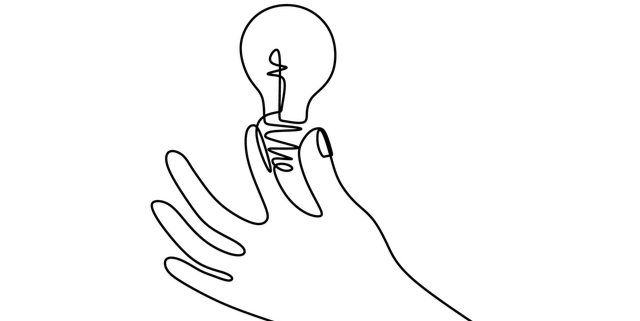Check Your Light.
A few weeks back, I shared the story of Rabbi Yossi with some colleagues, and wanted to share it with you today, too:
Thousands of years ago, Rabbi Yossi, a famous Jewish sage, was walking down the road when he encountered a blind man carrying a torch. Rabbi Yossi thought his behavior was foolish. What use can a torch have for a man who all his life walks in darkness? He asked the blind man why he carried a torch.
“Rabbi, this torch is not so that I can see you. It is so that you can see me. When you can see me in the darkness, you will also be able to see the dangers in the road. That is why I carry this torch.”
This story came up fresh for me recently after sitting through a Zoom session with a presenter who was clearly uncomfortable on the platform. He was an expert in his own right, but not an expert communicator, and some folks were distracted by his style.
I felt flummoxed by it all. Here was a presenter invited to share his expertise, but his message was lost when it became clear his natural talents were not in the communications department.
Have you ever found yourself in a meeting, uncomfortable and struggling through your content, knowing full well that all eyes are on you? That folks are counting on you for this presentation, but it’s just not going as you had planned? I have, and it’s an awful feeling.
I think again about my recent meeting, but this time from our presenter’s point of view: meeting a new group for the first time. Trying to find a zone of comfort in an otherwise uncomfortable situation. Not everyone thrives in these awkward, always-on digital platforms, where we’re staring back at ourselves all day, and where it’s nearly impossible to feed off the natural body language of a room.
I used to think that the best thing in this scenario was to offer some coaching to the person who was having the hard time. I’m a presentation trainer, after all. That’s where I could offer this person some meaningful assistance.
But Rabbi Yossi’s story suggests another way is possible: That by simply holding our own light up a little higher, we can see beyond what’s going wrong, to understand and appreciate the full picture.
Because the light we each carry is ultimately for each other.
These days are hard, for all of us, in many different ways. The best we can do is hold the light we have up for others. Because I promise you this, when you hold your light up for others, you might also end up seeing better as a result—whether or not the full picture looks the way you expected.
This is week 6 of the Finding The Words column, a new series published every Wednesday that delivers doses of communication insights direct to your inbox. If you like what you read, we hope you’ll subscribe to ensure you receive this each week.





 Check out our new
Check out our new